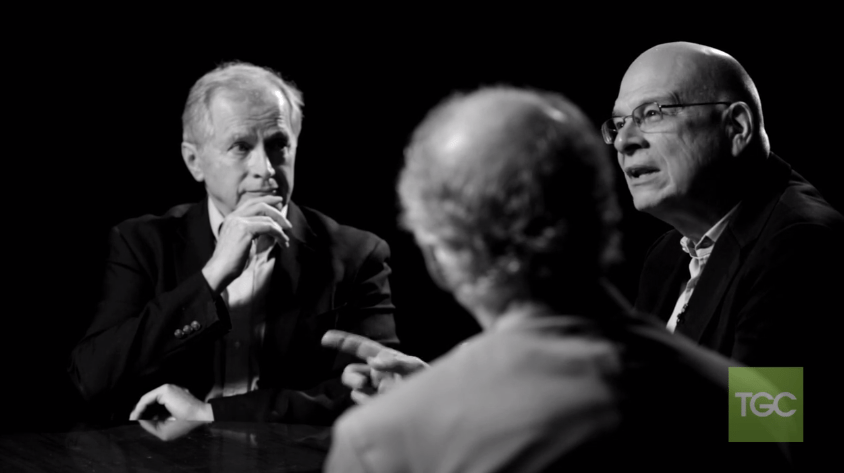In memory that which once existed only as possibility is frozen. It becomes a joy or a burden, or, more often, a bit of both. What it is not any longer is possibility. All that remains to you is to, somehow, reconcile yourself to that which has gone beyond the possibility of change. Something like this was the point that Sheldon Vanauken was making when he said in a letter to C. S. Lewis, written after his wife Davy's early death, that "the manuscript of our love has gone safe to the printer." With Davy's death, the possibilities that existed for their life together came to an end. That was a pain, of course, for what was lost, but it also meant that the memory of it in its fulness now existed in a kind of safety, beyond the ability of either of them to mar.
Login to read more
Sign in or create a free account to access Subscriber-only content.
Topics:
